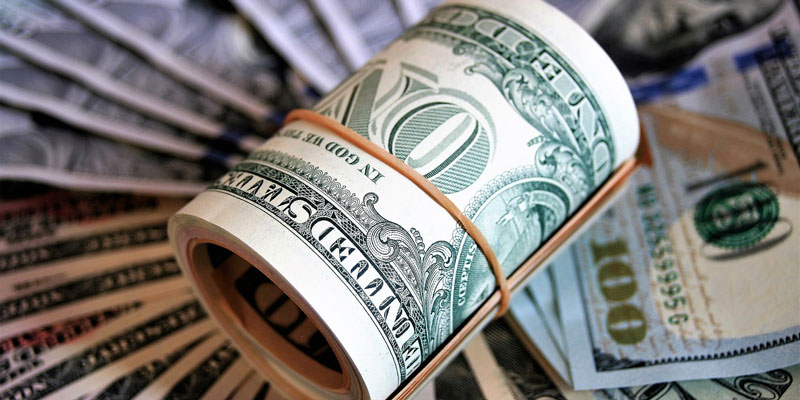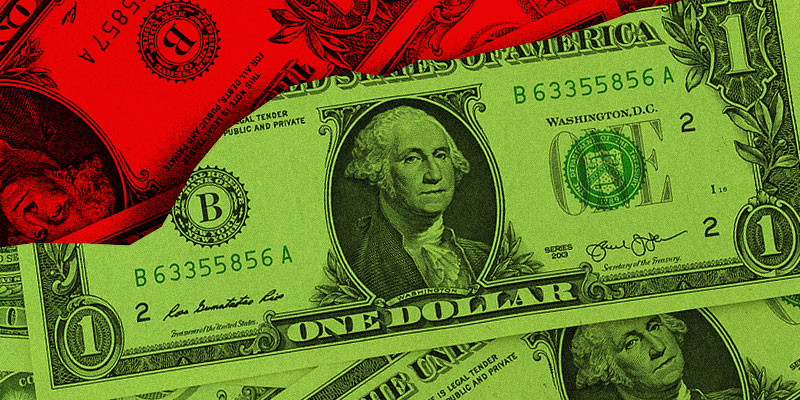The world has achieved an unprecedented level of prosperity. Economist Deirdre McCloskey has labeled this the Great Enrichment. For the first time in human history, standards of living for ordinary people – as opposed to emperors or kings – have risen above subsistence.
Historical estimates of Gross Domestic Product (GDP) per capita, economists’ preferred measure of living standards, dramatically document the Great Enrichment. Economist Angus Maddison began this project, now continued at the University of Groningen Growth and Development Centre. The dollar figures mentioned here are in 1990 dollars, adjusted for inflation, and comparable across countries.
Professor Maddison estimated world GDP per capita in 1 AD to be $445. One thousand years later, it was $436, meaning complete stagnation for a millennium. Slow progress then began, with GDP rising to $566 in 1500 and $667 in 1820 before really taking off, reaching $875 in 1870, $1,525 in 1950 and $6,049 in 2001.
This represents an incredible improvement in the quality of billions of human lives. The World Bank defines extreme poverty as GDP per person of $2 per day or less. Essentially the world was poor until the middle of the 19th Century. And little progress was occurring. In most countries, over a century there would likely be no meaningful improvement in living standards.
The Great Enrichment began in Great Britain and the Netherlands around 1700. Britain and Holland remained the two leading world economies until the U.S. caught up in 1870 and became the world’s leading economy before World War I.
Over the past 50 years, prosperity has extended across the globe. China and India have received the most attention. Living standards have increased by factors of nine in China since 1976 and four in India since 1990. Prosperity in the world’s two most populous nations has really boosted global GDP.
Africa missed out on growth during the 20th Century. But numerous African nations are now becoming significantly richer. Since 2000, living standards have increased by 50% in Kenya, over 100 percent in Namibia, Sudan and Tanzania and 600% in Angola.
The Great Enrichment provides perspective on America’s current concern with income inequality. Enormous differences in wealth certainly exist. Jeff Bezos is worth over $100 billion, while the average household is worth $97,000. Several Democratic presidential hopefuls propose ambitious plans to reduce inequality.
Redistributionist policies take the existence of wealth as given. Economist John Kenneth Galbraith argued in The Affluent Society that since we had become a prosperous nation, we could now afford to address societal ills. This reasoning has become received wisdom.
Economic history, by contrast, shows that today’s wealth is the exceptional condition. America has billionaires, and a billion dollars is more money than one could spend in several lifetimes without wasting it. Yet, even America’s poor households enjoy a standard of living that kings and emperors of the past would envy.
The Great Enrichment has made the average person become wealthy for the first time. Unfortunately, prosperity has not been equally shared. Perhaps human society cannot produce wealth without inequality. Wake Forest University philosopher James Otteson offers this perspective:
What presents us with an uncomfortable dilemma is that the clear lesson from human economic history seems to be that the only way we have ever discovered to enable substantial numbers of people to rise out of poverty is a set of political-economic and cultural institutions that also engender inequality.
Many Americans believe in American exceptionalism, that our nation is somehow better than others. America helped drive the Great Enrichment and was the first nation founded on the principle of freedom. Yet some of America’s founders owned slaves. I’ll let others debate if we’re exceptional.
America’s accomplishments are due to our laws and constitution. I do not believe that America is immune from the forces shaping social interaction among humans. The American flag and the Pledge of Allegiance do not guarantee prosperity.
Just as freedom must be protected by every generation, prosperity must continue to be produced. If a quest to address income inequality compromises the conditions necessary for prosperity, we might once again find ourselves all equally poor.
Daniel Sutter is the Charles G. Koch Professor of Economics with the Manuel H. Johnson Center for Political Economy at Troy University and host of Econversations on TrojanVision. The opinions expressed in this column are the author’s and do not necessarily reflect the views of Troy University.













